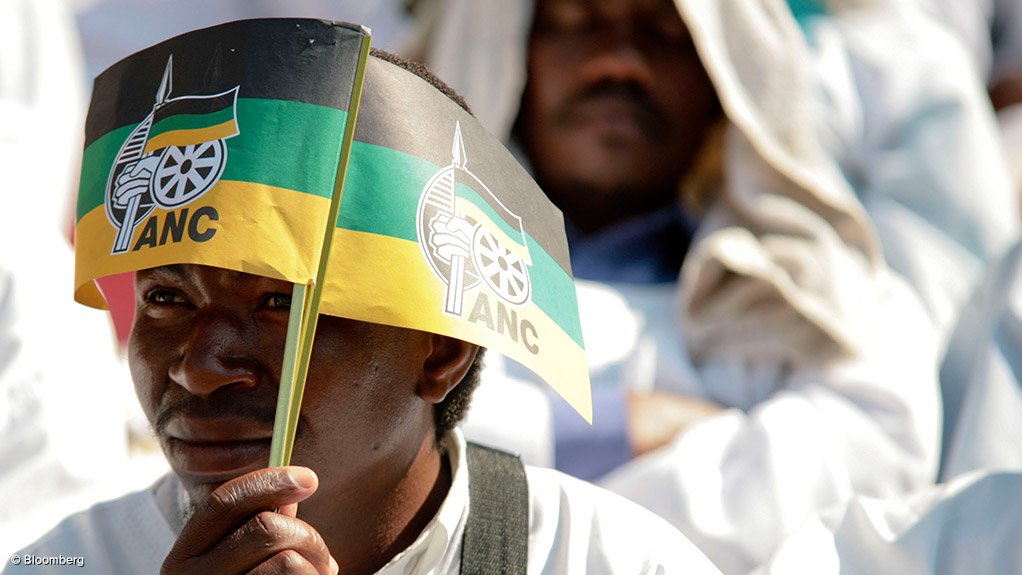The African National Congress (ANC) can avoid following the fate of other liberation movements which die after achieving freedom for their people, the party has said.
The ANC is currently engaging its members and society over its policy discussion papers ahead of the party’s national policy conference in June.
On Sunday the ANC’s subcommittee chairperson on political education Nathi Mthethwa held a briefing on the party's strategy and tactics document.
"We are dispelling and debunking the myth that it's inevitable, [that] you can't do anything [to prevent the movement dying]," said Mthethwa.
He said the 105-year-old movement and its alliance partners still had a chance to self-correct.
The ANC has been rocked by factional squabbles ahead of its 54th national elective conference in December where President Jacob Zuma is expected to step down as president of the party.
"The ANC and its alliance partners in government [are] at their weakest point if [the local government] elections... are anything to go by," said Mthethwa.
Dispel the myth
The party lost control of several municipalities including all major metros in Gauteng, relying on a coalition in order to hold onto power in Ekurhuleni.
Mthethwa said the internal fights, money politics and factionalism were not helping the liberation movement to move the country forward as it was supposed to.
He said the liberation movement had started losing power in the second decade of freedom but that it was not a natural trajectory, but rather due to subjective factors.
"There is no science in asserting that naturally a liberation movement has to lose power after twenty years," said Mthethwa.
"There are things we need to do, if we do them we obviously going to dispel this myth."
He said that failing to do so would leave the ANC and its alliance partners "in a serious quagmire, including losing power."
It's within our capacity as the movement to forge ahead at the helm of society or reverse our gains, he added.
Sunset clauses were not a mistake
Mthethwa said the quality of life for South Africans had significantly improved but the fundamental essence of apartheid still remained.
The strategy and tactics document speaks of the sunset clauses and why they were necessary at the time.
"During the negotiations process, compromises were struck around modalities of the transition. The liberation movement agreed to ‘sunset clauses’ operational in the first few years of the democratic dispensation," it said in the strategy and tactics document.
He said the clauses assisted to contain the violent and negative forces which were opposed to change but added that the ANC was disappointed to see those who would have been beneficiaries of the programme of reconciliation had not played their part in full.
The political education committee chair explained the reasoning behind agreeing to negotiate with the former oppressive regime.
"[It was] acknowledgement that both the military might of apartheid could not destroy the [liberation] movement. Neither [could] the liberation movement liquidate the apartheid forces - so it was negotiations," said Mthethwa.
He said the liberation movement believed the clauses were not a mistake because through them the way was paved to the democracy which it now leads in South Africa.
EMAIL THIS ARTICLE SAVE THIS ARTICLE
To subscribe email subscriptions@creamermedia.co.za or click here
To advertise email advertising@creamermedia.co.za or click here











